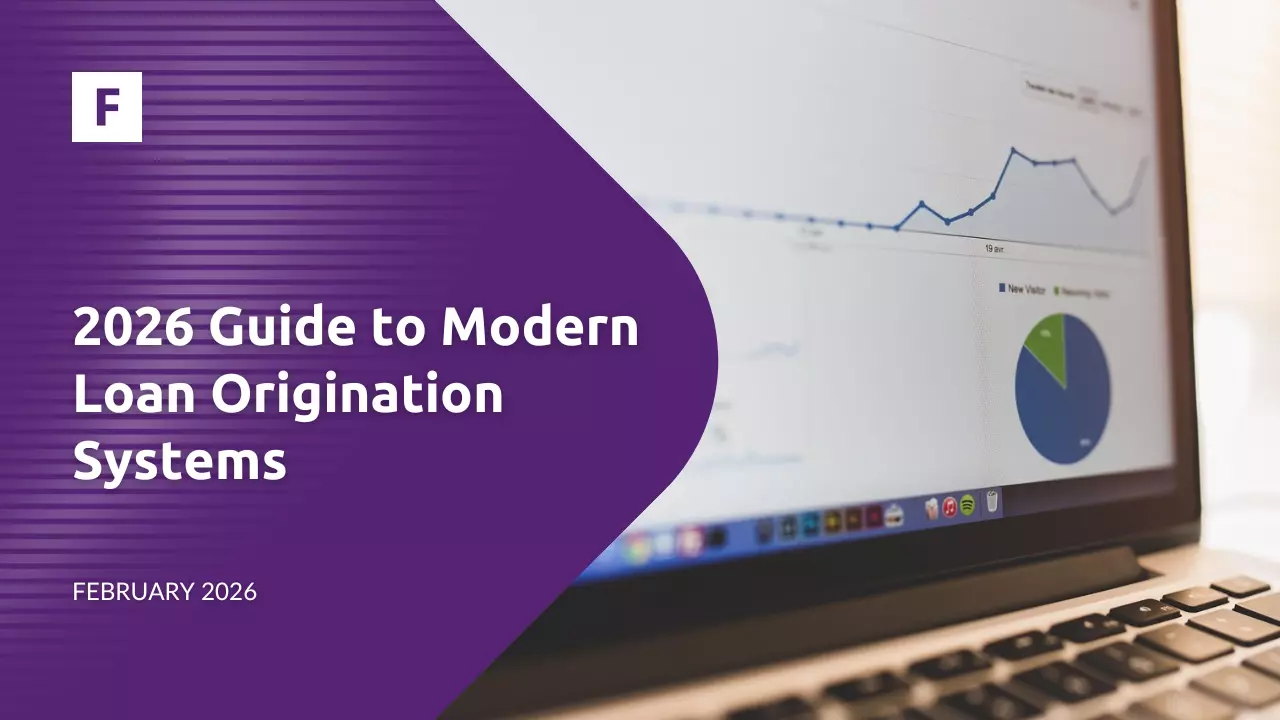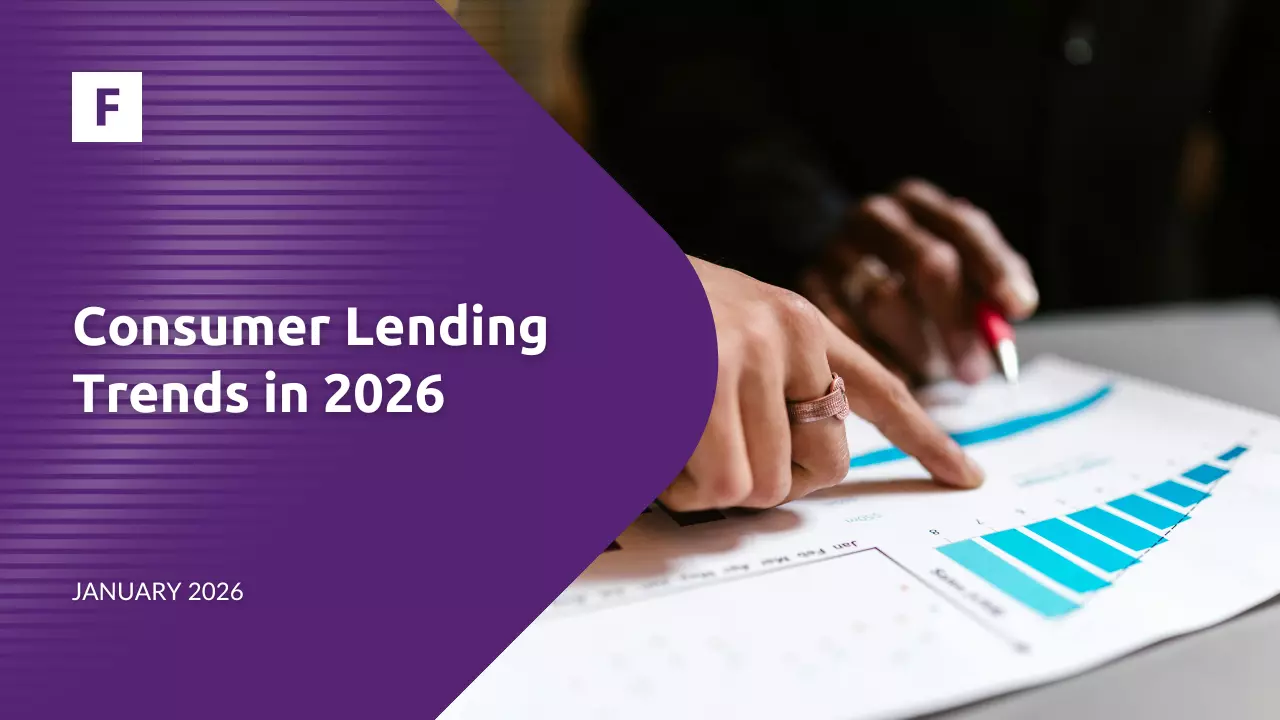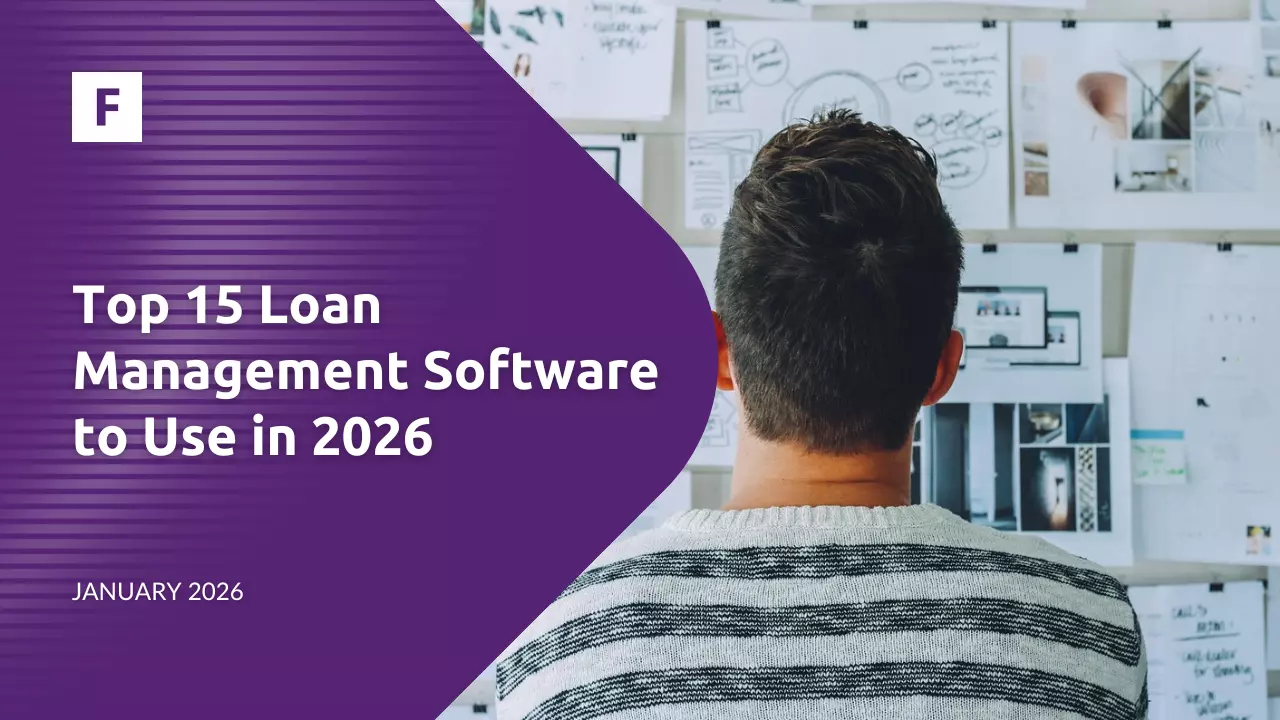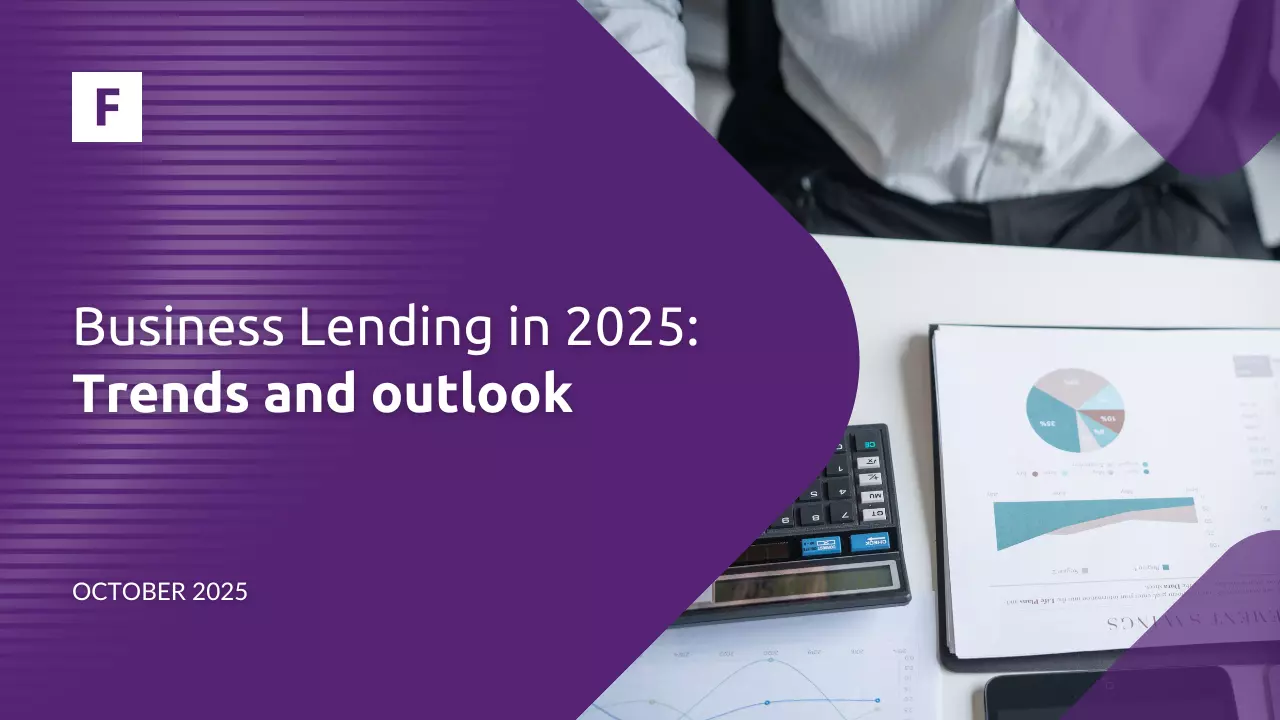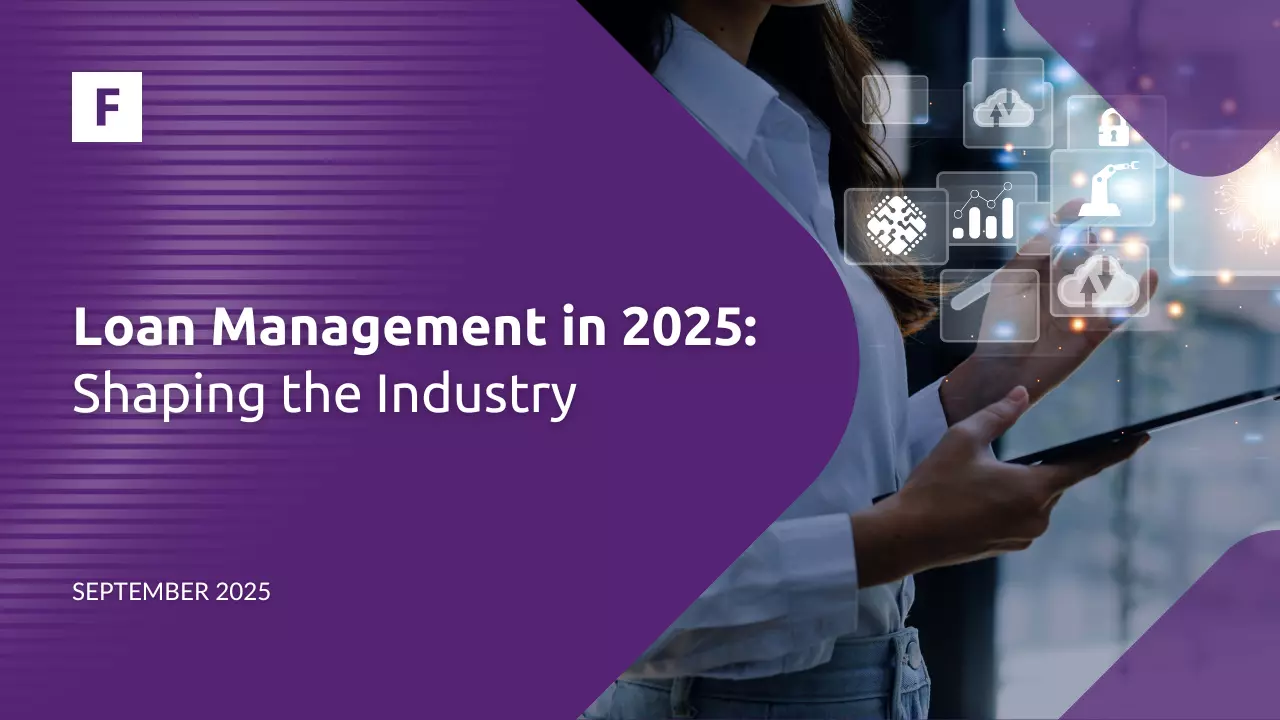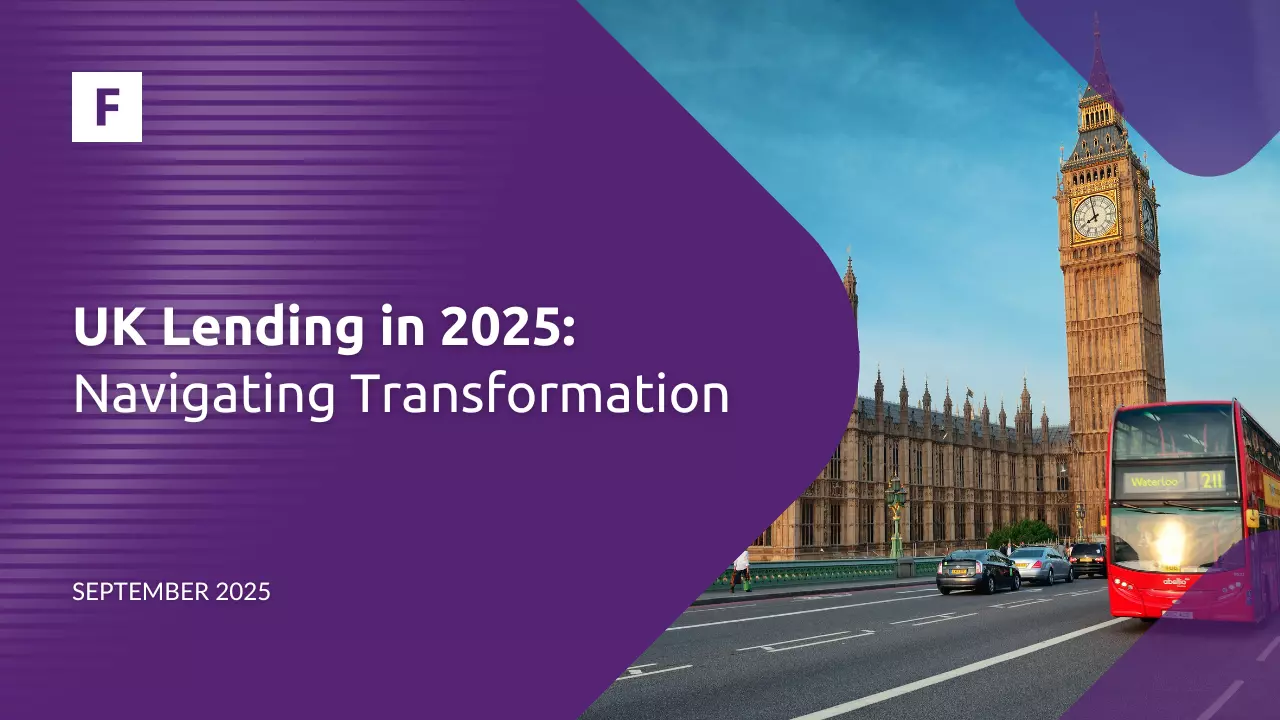Afryka, drugi pod względem liczby ludności i drugi co do wielkości kontynent, oferuje nieskończone możliwości w dziedzinie finansów. Szybko rosnąca populacja i rosnące zapotrzebowanie na kredyty napędzają przedsiębiorczość. Jednak tradycyjne banki często nie dostrzegają tego ogromnego potencjału ze względu na ograniczony zasięg i zależność od infrastruktury fizycznej.
Wykorzystanie technologii mobilnej i alternatywnych źródeł danych ma kluczowe znaczenie dla skutecznego zaangażowania się w afrykański sektor finansowy. Cyfrowi pożyczkodawcy mogą następnie oferować szybsze i bardziej dostępne kredyty osobom i firmom wcześniej wykluczonym z tradycyjnego systemu finansowego.
Ten blog zagłębia się w ekscytujący świat afrykańskich pożyczek cyfrowych. Zbadamy jego potencjał, kluczowych graczy i wyzwania, wyposażając Państwa w wiedzę umożliwiającą poruszanie się po tym dynamicznym krajobrazie.
Oto główne wnioski płynące z tego artykułu:
Potencjał afrykańskiego sektora finansowego.
Ograniczenia tradycyjnej bankowości.
Rola technologii mobilnych i alternatywnych danych.
Przyszłość pożyczek cyfrowych w Afryce
Cyfrowe pożyczki w Afryce
Centra w Republice Południowej Afryki, Kenii, Nigerii i Ghanie doświadczają rosnącej aktywności start-upów na kontynencie, szczególnie w zakresie fintech, który jest obecnie najszybciej rozwijającą się działalnością start-upową na kontynencie. Setki afrykańskich start-upów obejmują rosnącą liczbę jednorożców o wycenie przekraczającej 1 miliard dolarów, takich jak Flutterwave, Interswitch, Jumia i Fawry. Przykładowo, spółka Flutterwave została założona w 2016 r. w celu zapewnienia infrastruktury płatniczej na całym kontynencie za pośrednictwem oprogramowania API. Według konsultantów ds. zarządzania z McKinsey, prawie połowa z 5 200 start-upów technologicznych w Afryce w 2021 r. to fintechy. Cały sektor fintech został wyceniony na 3 miliardy dolarów w 2020 roku.
Krajobraz fintech w Afryce
Według analiz przeprowadzonych przez Boston Consulting Group, przewiduje się, że afrykański sektor fintech osiągnie roczne przychody w wysokości 65 miliardów dolarów do 2030 roku, przy imponującej rocznej stopie wzrostu na poziomie 32%. Powstanie afrykańskich jednorożców fintech, takich jak Interswitch i OPay, wycenianych na ponad 1 miliard dolarów, pokazuje zdolność kontynentu do wprowadzania innowacji i wywierania znaczącego wpływu. Pomimo swojego sukcesu, firmy te przyciągają głównie inwestycje od globalnych gigantów, takich jak Visa, Tiger Global i Avenir Growth. Co ciekawe, afrykańscy inwestorzy i instytucje finansowe nie wsparły jeszcze znacząco tych jednorożców, tracąc możliwość uzyskania znacznych zwrotów i integracji z tradycyjnymi ofertami. Raporty McKinsey & Company potwierdzają, że sektor fintech w Afryce doświadcza szybkiego wzrostu, ale ekosystem wciąż się rozwija. Fintechy poczyniły znaczne postępy, szczególnie w obszarach takich jak portfele cyfrowe, płatności i dystrybucja. Istnieją jednak znaczne możliwości dalszej ekspansji w różnych usługach finansowych w miarę rozwoju rynku, z wyraźnymi możliwościami innowacji i wzrostu w niewykorzystanych obszarach.
Jedną z kwestii, o których należy pamiętać, jest to, że fintechy działające w Afryce borykają się z trudnym krajobrazem regulacyjnym charakteryzującym się fragmentacją i różnym poziomem dojrzałości regulacyjnej w poszczególnych krajach. Podczas gdy niektóre jurysdykcje zaczynają tworzyć sprzyjające środowiska poprzez inicjatywy takie jak fintech sandboxes i zaktualizowane wymogi licencyjne, złożoność przepisów i procesów zatwierdzania stanowi poważne przeszkody. Fintechy często potrzebują pomocy w utrzymaniu zgodności i ciągłości biznesowej na różnych rynkach, gdzie zmiany regulacyjne i poziomy egzekwowania mogą się szybko zmieniać.
Zapewnienie przejrzystości, uczciwości i etycznego postępowania w sektorze finansowym ma kluczowe znaczenie dla uniknięcia przeszkód prawnych i zachowania zgodności z przepisami. Chroni również pożyczkobiorców przed praktykami wyzysku i kultywuje zrównoważone środowisko kredytowe. Ramy regulacyjne mają kluczowe znaczenie dla osiągnięcia tych celów, ponieważ ustanawiają standardy, które promują odpowiedzialne praktyki pożyczkowe i chronią interesy konsumentów przed drapieżnymi zachowaniami.
Oprócz przestrzegania przepisów, ważne jest, aby działać wygodnie. Aby jeszcze bardziej usprawnić proces udzielania pożyczek, Fintech Market oferuje system, który zapewnia produkty finansowe klientom, którzy nie mają dostępu do tradycyjnych usług bankowych. Nasz system zarządzania pożyczkami konsumenckimi umożliwia firmom tworzenie alternatywnych produktów finansowych dostosowanych do niedostatecznie obsługiwanych klientów, promując włączenie finansowe i ograniczając profile wysokiego ryzyka. Koncentrując się na zarządzaniu produktami pożyczek konsumenckich, oprogramowanie upraszcza proces udzielania pożyczek.
Prognozy wzrostu dla afrykańskiej gospodarki
Raporty prognozują ogólny wzrost gospodarczy Afryki na poziomie 4,0% w tym roku, w porównaniu z 3,3% w 2023 r., co plasuje ją na drugim miejscu na świecie po Azji (4,8%). Afryka Wschodnia wyłania się jako centralny punkt tego wzrostu, konsekwentnie przewyższając inne regiony. Rwanda, Tanzania, Uganda i Kenia są podkreślane jako kluczowe czynniki napędzające, przyczyniając się znacząco do odrodzenia gospodarczego regionu. Tymczasem przewiduje się, że giganci gospodarczy, tacy jak RPA, Egipt i Nigeria, będą rosnąć poniżej średniej regionalnej.
Rozległy obszar Afryki stanowi istotne wyzwanie dla dostawców usług finansowych. Obszary o niedostatecznym dostępie do usług bankowych i obszary wiejskie mają ogromny potencjał, stwarzając znaczące możliwości dla dostawców usług finansowych. Jednak dotarcie do tych obszarów jest pełne wyzwań. Słaba infrastruktura komunikacyjna i trudne warunki drogowe sprawiają, że zadania takie jak obsługa gotówki i instalacja bankomatów są skomplikowane i kosztowne. W rezultacie instytucje finansowe często napotykają trudności w zakładaniu bankomatów i oddziałów w tych regionach. To ograniczenie podkreśla potrzebę innowacyjnych rozwiązań, takich jak bankowość mobilna i cyfrowe usługi finansowe, aby wypełnić lukę i wykorzystać niewykorzystany potencjał na tych rynkach.
Rozwój bankowości mobilnej
Pieniądze mobilne stały się kluczowym zasobem dla wrażliwych populacji w krajach o niskim i średnim dochodzie (LMIC), zmieniając sposób, w jaki oszczędzają, inwestują, wydają i nadzorują swoje sprawy finansowe. Pieniądze mobilne, szeroko dostępne za pośrednictwem podstawowych telefonów komórkowych, są bardziej obiecujące dzięki zaawansowanym możliwościom smartfonów. Urządzenia te oferują płynniejszą obsługę i dostęp do ulepszonych usług, takich jak edukacja i opieka zdrowotna. Jednak skupienie się na tworzeniu „superaplikacji” na smartfony budzi obawy o wykluczenie osób, których nie stać na te urządzenia.
Rynki wschodzące, takie jak Afryka Subsaharyjska, mają szansę doświadczyć znacznego wzrostu popularności smartfonów, napędzanego poprawą przystępności cenowej w tym regionie. Aby zwiększyć dostępność smartfonów wśród osób o niskich dochodach, operatorzy sieci komórkowych w krajach LMIC wprowadzili kilka programów finansowania urządzeń. Niektóre z nich to Lipa Mdogo Mdogo, wprowadzony przez Safaricom w Kenii w 2020 r., oraz Easy2Own, wprowadzony przez Vodacom w RPA rok później.
Przejście z 2G/3G na 4G/5G stanowi znaczącą szansę dla startupów fintech i inwestorów w zakresie finansowania urządzeń. Do 2030 r. Afryka Subsaharyjska zamierza osiągnąć 50% penetrację abonentów, przy szacowanym udziale 87% użytkowników smartfonów. Finansowanie urządzeń smartfonowych wyłania się jako obiecująca inwestycja, łącząca wpływ społeczny z potencjałem ekonomicznym w celu zniwelowania tej przepaści technologicznej. Współpraca z programami finansowania może być kluczem do sukcesu.
Wdrożenie rozwiązań cyfrowej blokady smartfonów ma kluczowe znaczenie dla zapewnienia bezpiecznej bankowości mobilnej. Nasz partner, Globetek, jest wiodącym dostawcą technologii SaaS specjalizującym się w takich rozwiązaniach. Dowiedz się więcej o naszych partnerach, którzy świadczą usługi takie jak systemy zarządzania pożyczkami online i inne rozwiązania cyfrowe tutaj.
Korzyści z pożyczek cyfrowych
Cyfrowe pożyczki zyskały popularność dzięki swojej łatwości. Cyfrowi pożyczkodawcy skrócili i usprawnili cały proces udzielania pożyczek, czyniąc go popularnym wyborem. Cyfrowi pożyczkodawcy usprawniają proces ubiegania się o pożyczkę, eliminując potrzebę fizycznych wizyt. Wnioskodawcy mogą ukończyć proces całkowicie online, korzystając z zeskanowanych kopii niezbędnych dokumentów, oszczędzając znaczny czas i wysiłek.
Cyfrowi pożyczkodawcy mogą wykorzystywać alternatywne źródła danych do oceny zdolności kredytowej, dzięki czemu pożyczki są bardziej dostępne dla osób, które mogą mieć trudności z uzyskaniem zgody tradycyjnych banków. W porównaniu do tradycyjnych banków, platformy te wykorzystują zaawansowaną technologię, aby oferować płynne, intuicyjne i bogate w funkcje doświadczenia użytkowników, często opierając się na przestarzałych systemach, które wpływają na wydajność operacyjną.
Aby zapewnić ochronę danych, konieczne jest zbadanie kluczowej roli przepisów dotyczących prywatności danych i środków bezpieczeństwa w ochronie wrażliwych informacji finansowych w sferze cyfrowej. Jednym ze sposobów zapewnienia prywatności jest wdrożenie uwierzytelniania dwuskładnikowego, które wymaga od użytkowników podania dwóch form identyfikacji w celu uzyskania dostępu do swoich kont - takich jak hasło i jednorazowy kod. Protokół ten znacznie zwiększa bezpieczeństwo, zapewniając, że nawet jeśli dane logowania zostaną naruszone, poufne informacje pozostaną zabezpieczone, ograniczając w ten sposób potencjalne oszustwa i chroniąc prywatność użytkowników.
Rola przejrzystości
Transparentność ma kluczowe znaczenie dla prywatnych funduszy kapitałowych, które często są krytykowane za niedokładne dokumentowanie i informowanie inwestorów o zmienności inwestycji. Kwestia ta jest podobna do wyzwań stojących przed oprogramowaniem do pożyczek cyfrowych w zakresie przejrzystości. Krytyka ta ma wpływ nie tylko na kwestie finansowe, ale także na szerszą stabilność gospodarczą. Zwiększając przejrzystość zarówno dla inwestorów, jak i pożyczkobiorców, firmy udzielające pożyczek cyfrowych mogą kultywować otwartość, wzmacniać relacje i wzmacniać swoją odporność finansową.
Krótko mówiąc, zwiększenie przejrzystości oprogramowania do pożyczek cyfrowych buduje zaufanie wśród pożyczkobiorców i inwestorów, umożliwiając podejmowanie świadomych decyzji i zmniejszając ryzyko. Ponadto przejrzystość wspiera zgodność z przepisami, łagodzi ryzyko prawne i sprzyja innowacjom, napędzając wzrost sektora i wiarygodność w krajobrazie usług finansowych.
Redukcja kosztów
W dzisiejszym ewoluującym krajobrazie finansowym wydajność operacyjna ma zasadnicze znaczenie dla instytucji finansowych i pożyczkodawców dążących do dostosowania się do transformacyjnego wpływu fintech. Wykorzystanie postępu technologicznego, takiego jak automatyzacja, rozwiązania oparte na chmurze, zaawansowana analiza danych i blockchain, zmniejsza koszty i usprawnia świadczenie usług, zapewniając organizacjom możliwość skutecznego sprostania rosnącym wymaganiom gospodarki cyfrowej.
Instytucje finansowe mogą obniżyć koszty operacyjne poprzez wdrożenie kompleksowej automatyzacji i wykorzystanie usług stron trzecich oraz otwartych ekosystemów bankowych o 30-40%. Postępy te zwiększają wiarygodność danych i podejmowanie decyzji oraz otwierają nowe możliwości na rynku pożyczek, zwiększając ich zasięg i poprawiając wyniki klientów. Może to być droga, którą należy obrać wchodząc na rynek afrykański.
Obecne metody oceny kredytowej w dużej mierze opierają się na tradycyjnych dokumentach finansowych, takich jak bilanse, oferując retrospektywny lub w najlepszym przypadku migawkowy obraz wyników firmy. W połączeniu ze standardowymi zasadami, które ograniczają finansowanie w oparciu o długotrwałe relacje z klientami, praktyki te często utrudniają MŚP dostęp do niezbędnego finansowania. Wykorzystanie alternatywnych źródeł danych zwiększa wskaźniki sukcesu w udzielaniu pożyczek dla MŚP.
Alternatywne platformy pożyczkowe i crowdfundingowe
Tradycyjne usługi finansowe pozostają niedostępne dla wielu Afrykańczyków, a tylko 43% dorosłych posiada konto bankowe z powodu luk w infrastrukturze, wysokich kosztów i rygorystycznych kryteriów udzielania pożyczek. Doprowadziło to do powstania alternatywnych pożyczek i platform finansowania społecznościowego, zapewniających kluczowy kapitał osobom fizycznym i małym firmom.
Przedsiębiorczość w Afryce rośnie, ale wielu przedsiębiorców potrzebuje pomocy w zapewnieniu finansowania za pomocą tradycyjnych środków. Alternatywne pożyczki i finansowanie społecznościowe oferują tym przedsiębiorcom wsparcie finansowe, wspierając innowacje i rozwój biznesu. Oprócz wspomnianej wcześniej bankowości mobilnej, rośnie również popularność impact investing.
Włączenie finansowe jest priorytetem w wielu krajach afrykańskich. Liczne afrykańskie alternatywne platformy pożyczkowe i crowdfundingowe koncentrują się na finansowaniu przedsiębiorstw o celach społecznych lub środowiskowych, umożliwiając w ten sposób inwestorom wspieranie pozytywnego wpływu na społeczność. Niektóre godne uwagi alternatywne platformy pożyczkowe i crowdfundingowe to M-Pesa, Zidisha, Lendable i M-Changa.
Afryka jest tak zróżnicowana, jak jej cyfrowy sektor finansowy, a tradycyjne banki o ugruntowanej pozycji odgrywają kluczową rolę w kształtowaniu tego ognistego krajobrazu. RPA i Egipt dominują w rankingach najlepszych banków w Afryce. Egipt ma 21 banków w rankingu 100 najlepszych banków, podczas gdy RPA ma tylko 6 banków w pierwszej setce, z których wszystkie znajdują się w pierwszej dwudziestce. Nigeria zajmuje trzecie miejsce z 13 bankami w pierwszej 100. Niektóre godne uwagi afrykańskie banki to Standard Bank, National Bank of Egypt, Banque Misr, Nedbank i FirstRand.
Przyszłość afrykańskich pożyczek cyfrowych
Oprócz wyżej wymienionych postępów technologicznych, technologie takie jak sztuczna inteligencja i uczenie maszynowe przekształcają scoring kredytowy i procesy udzielania pożyczek. Sztuczna inteligencja przekształca sektor pożyczkowy poprzez modernizację przestarzałych procesów. Wykorzystuje ona dane do symulowania ludzkich procesów myślowych, wykorzystując algorytmy uczenia maszynowego do analizowania obszernych zbiorów danych i szybkiego podejmowania decyzji w oparciu o wzorce i modele statystyczne, zamiast polegać na ręcznych instrukcjach dla poszczególnych przypadków.
Aby podejmować świadome decyzje, Fintech Market zaleca korzystanie z naszego oprogramowania do podejmowania decyzji kredytowych, które ma wbudowaną optymalną ocenę ryzyka i scoring aplikacji, co pomaga wykorzystać proces decyzyjny. Silnik decyzji kredytowych umożliwia tworzenie modeli decyzyjnych poprzez wykorzystanie informacji wejściowych i równań, z konfigurowalnymi polami danych i opcjami integracji z istniejącymi systemami. Oprogramowanie do podejmowania decyzji kredytowych oferuje elastyczność w konfigurowaniu pól danych, płynną integrację z głównym systemem oraz usprawnione scenariusze decyzyjne obsługiwane przez różne równania, interaktywne przewodniki i funkcje testowania. Więcej informacji na temat innych naszych produktów, takich jak silnik decyzji kredytowych, znajdą Państwo tutaj.
W złożonym krajobrazie finansowym, takim jak afrykański, nie można przecenić znaczenia promowania umiejętności finansowych. Potrzebne są inicjatywy mające na celu edukowanie kredytobiorców w zakresie odpowiedzialnego zarządzania kredytami i unikania pułapek zadłużenia. Wiedza finansowa wyposaża jednostki w niezbędne narzędzia i zasoby zapewniające bezpieczeństwo finansowe przez całe życie. Bez tego ludzie ryzykują nadmierne wydatki i gromadzenie niezrównoważonego zadłużenia, co może skutkować słabym kredytem, bankructwem, wykluczeniem mieszkaniowym i innymi niekorzystnymi skutkami. Inwestowanie w rozpowszechnianie wiedzy finansowej w regionach operacyjnych może być jednym z pierwszych kroków, jakie należy podjąć wchodząc na rynek.
Podsumowując, wraz z rosnącą populacją i dynamicznym krajobrazem gospodarczym, kontynent afrykański ma ogromny potencjał wzrostu w sektorze finansowym, głównie poprzez pożyczki cyfrowe. Ograniczenia tradycyjnej bankowości stwarzają możliwości dla rozwoju innowacji fintech, wykorzystując technologię mobilną i alternatywne źródła danych w celu rozszerzenia kredytu na niedostatecznie obsługiwane populacje. Wejdź na rynek afrykański dzięki rozwiązaniom Fintech Market dostosowanym do Państwa potrzeb.
*O Fintech Market
*Oparte na SaaS oprogramowanie do udzielania pożyczek i kredytów firmy Fintech Market oferuje narzędzia CRM, KYC i zarządzania ryzykiem kredytowym dla pożyczek, depozytów i inwestycji. Jest to zaawansowane oprogramowanie dla neobanków, MŚP i firm udzielających pożyczek konsumenckich.

